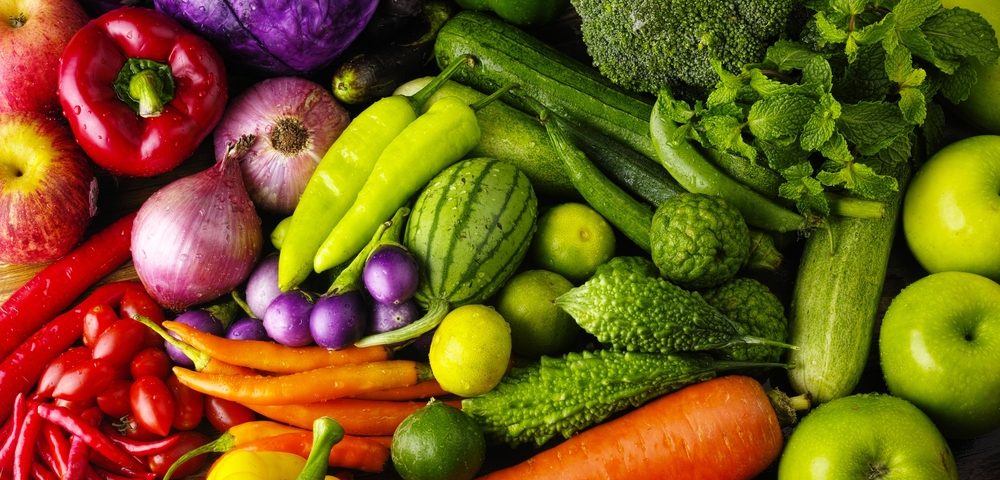Adjusting My Diet for Health Benefits While Avoiding a Guilty Mindset

In last week’s column, I wrote about the challenges of making time for rest. This week, I want to address another significant lifestyle adjustment I’ve made since my diagnosis: my diet.
A low-salt diet is recommended for those with pulmonary hypertension. Unfortunately, all of my favorite foods are incredibly salty, including cheese, chips, and pizza. But I’ll try anything to prevent my condition from worsening, so I’m cutting back on these unhealthy foods.
Some people in the chronic illness community oversell the benefits of diet. I have read many promises like, “This vegan diet will cure you,” which is unhelpful to those with serious health conditions. The only thing that’s likely to improve my condition is a nice cocktail of medications. However, diet can affect how you feel on a day-to-day basis. And when you are continually running low on energy, small changes can make a world of difference.
No miracle diet exists, and what works for one person might not benefit another. While many people swear by a vegan diet, I feel better when I eat small amounts of meat. The key adjustments I have made to my diet are: eliminating caffeine, alcohol, salty foods, ready meals, and high-sugar foods, and eating lots of leafy greens.
I don’t always stick to these rules; for instance, I’ve been known to have a regular coffee during particularly tiring days at work. But I feel a difference when I maintain this diet. I listen to my body, monitor how I feel after eating particular foods, and adapt my diet accordingly.
However, I think that it’s important not to adopt a guilty mindset. You may be doing everything right — eating well, exercising, getting enough rest — and still feel like rubbish. Other times, you may fall off the wagon temporarily and feel OK.
Ultimately, if you are living with a condition like mine, you don’t have full command of your health. This lack of control can be one of the hardest things to accept. And that’s why the small changes that make you feel a little better are so important.
***
Note: Pulmonary Hypertension News is strictly a news and information website about the disease. It does not provide medical advice, diagnosis, or treatment. This content is not intended to be a substitute for professional medical advice, diagnosis, or treatment. Always seek the advice of your physician or other qualified health provider with any questions you may have regarding a medical condition. Never disregard professional medical advice or delay in seeking it because of something you have read on this website. The opinions expressed in this column are not those of Pulmonary Hypertension News or its parent company, Bionews Services, and are intended to spark discussion about issues pertaining to pulmonary hypertension.








Leave a comment
Fill in the required fields to post. Your email address will not be published.